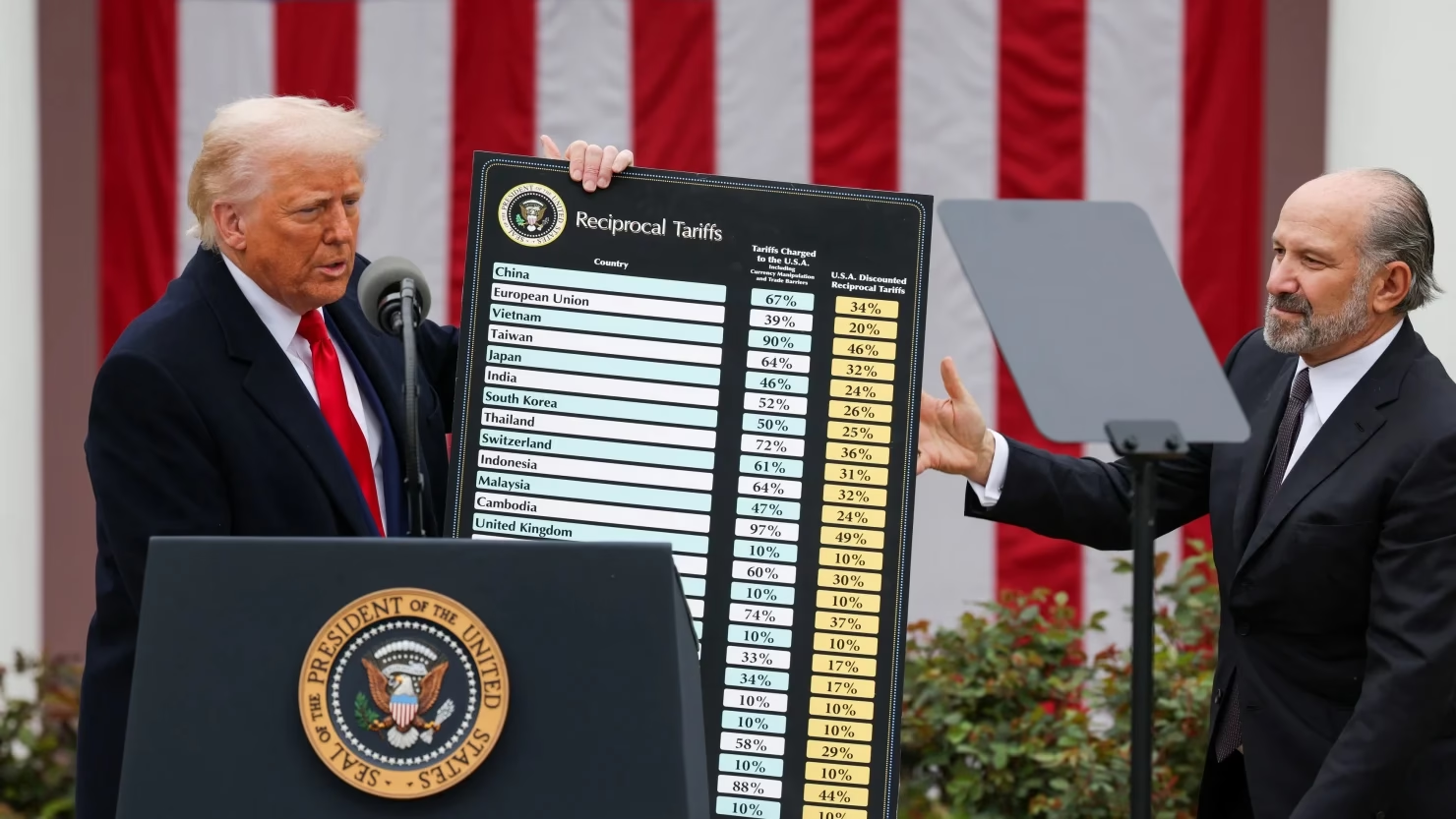In a move that has sent ripples through the education sector, the Trump administration has set forth a controversial ultimatum, threatening to withhold federal funds from public schools unless states certify within 10 days that they have ended Diversity, Equity, and Inclusion (DEI) programs. This bold directive comes amid a broader national debate over the legacy of school desegregation and the evolving role of DEI initiatives in modern education.
The administration’s new policy is part of a sweeping effort to reframe the priorities of public education. Federal officials argue that eliminating DEI programs will help refocus educational resources on core academic subjects and restore what they view as a more traditional approach to learning. However, critics contend that these programs are essential for fostering inclusive learning environments that address systemic inequities in schools.
At the center of the controversy is the administration’s strict 10-day certification deadline imposed on states. This deadline requires state education departments to certify that DEI initiatives have been dismantled, with the implicit threat that failure to comply could result in significant federal funding cuts.
The policy has already stirred heated debates among policymakers, educators, and civil rights advocates who warn that such a drastic measure could disrupt the educational landscape and exacerbate existing disparities.
Across the country, reactions to the policy have been swift and varied. In some regions, state officials are scrambling to devise strategies that satisfy the federal mandate while attempting to preserve the beneficial elements of DEI programs. Meanwhile, in Philadelphia and other major urban centers, several school districts have openly declared their intent to continue their DEI initiatives, despite the looming threat of financial penalties.
These districts argue that DEI programs are not only instrumental in creating equitable learning environments but are also essential for addressing the diverse needs of modern student populations.
Adding another layer to the debate is a recent court ruling that halted a significant aspect of school desegregation efforts. The decision, which came as a shock to many education advocates, underscores the complex interplay between federal mandates and judicial oversight in shaping public education policy.
Critics of the ruling argue that it represents a rollback of hard-won gains in the fight for educational equity, while supporters claim it is a necessary step to prevent overreach by federal agencies in local education matters.
The Trump administration’s stance has been criticized by a growing chorus of educators and civil rights groups who see the move as an assault on progress. They argue that DEI programs play a crucial role in dismantling long standing barriers to educational success for marginalized communities.
These programs, they contend, provide not only academic support but also a framework for cultivating critical thinking, empathy, and a deeper understanding of diverse cultures—a foundation they believe is indispensable in today’s interconnected world.
Meanwhile, proponents of the new policy maintain that the emphasis on DEI is misplaced. They claim that resources should instead be allocated toward traditional educational subjects and that DEI programs, in their current form, have inadvertently fostered division rather than unity. According to these supporters, the federal mandate is a long-overdue corrective measure designed to realign public education with core academic values and reduce what they perceive as an overemphasis on identity politics.
The potential consequences of the policy extend far beyond the classroom. If states are forced to dismantle their DEI programs to secure federal funding, the decision could have ripple effects on broader social initiatives aimed at addressing inequality.
Local communities, already grappling with challenges such as budget constraints and rising educational disparities, may find themselves caught in the crossfire of a national policy battle. The tension between preserving critical support structures and complying with federal directives is likely to intensify as the 10-day deadline looms closer.
As states prepare to respond to the administration’s ultimatum, the debate over the role of DEI in public education is set to become a defining issue of the coming months. The decision-making process will not only impact how schools allocate resources but also influence the broader national conversation about equity, inclusion, and the future of education in America.
With the stakes so high, educators, policymakers, and community leaders are watching closely, as the outcome of this policy could reshape the educational landscape for years to come.




